Executive Director's Report 2020
Executive Director's Report 2020
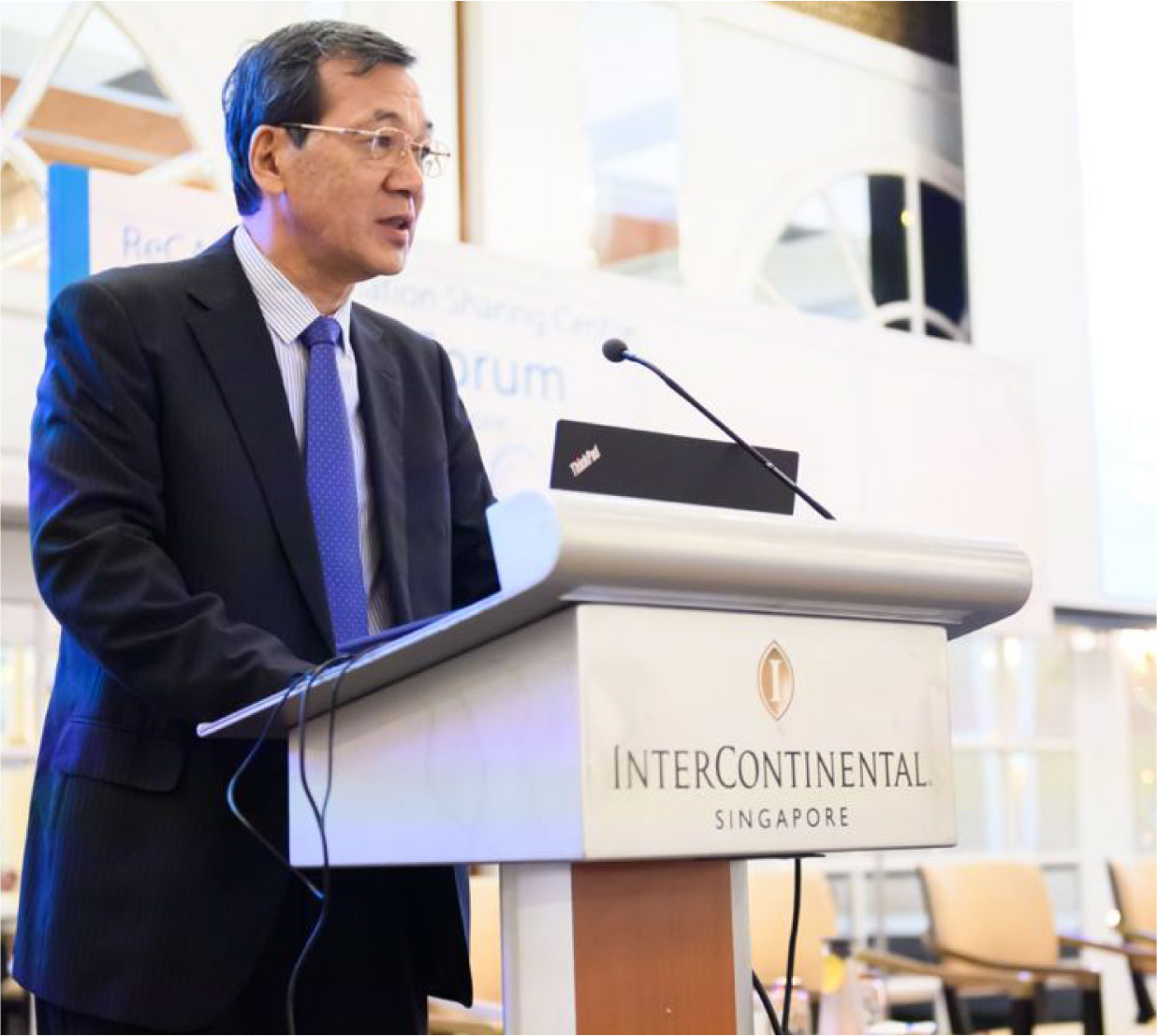
Executive Director’s Message
The year 2020 was a year without parallel. Like many organisations around the world, the activities of the ReCAAP Information Sharing Centre (the Centre) were severely disrupted by the COVID-19 pandemic.
In this unprecedented time, the Centre remained committed to its mission of protecting crew, vessels and cargo from piracy and armed robbery against ships in Asia, as we saw maritime transportation being increasingly counted on to deliver the goods and supplies vital for people and industries. At the same time, maritime law enforcement agencies were stretched due to added pandemic management responsibilities along coast lines, and seafarers were subjected to prolonged periods at sea due to delays in crew changes as a result of pandemic control measures.
In this regard, the role of ReCAAP in promoting the safety of maritime transport in Asia, through its three pillars of information sharing, capacity building and cooperative arrangements, remains more relevant than ever. The Centre continued its activities normally in January but the Centre shifted to conducting its activities by virtual platform starting in February, due to widespread border controls and public health restrictions. This Report presents the main activities of the Centre in 2020 with particular consideration to the following areas.
In this unprecedented time, the Centre remained committed to its mission of protecting crew, vessels and cargo from piracy and armed robbery against ships in Asia, as we saw maritime transportation being increasingly counted on to deliver the goods and supplies vital for people and industries
Strengthening the Core Function of Timely and Accurate Information Sharing
The Centre has made efforts to continuously improve the timeliness and accuracy of information sharing as its main function.
The Information Network System (IFN) is the core infrastructure of the Centre that enables timely and accurate information sharing between the Centre and ReCAAP Focal Points (FPs) in a secure environment. The Centre embarked on the renewal of the IFN in 2019 and completed it in February 2020. The renewed IFN has enhanced the user interface and introduced new features such as a training mode for self-learning by FPs on incident reporting as well as upgraded the system’s security.
The Centre has been also improving the quality of analysis it is sharing with the maritime community. Since 2017, the Centre has been using data analytics to further add value to its reports by identifying trends and correlations among key factors of incidents based on the accumulated data of past incidents (comprising more than 1,700 incidents reported to the Centre from 2007 to 2020). The data analytics use data on such factors as number of perpetrators, types of weapons, treatment of crew, items stolen, types of ships boarded, and time of incident. In 2020, the Centre has continued to improve performance of data analytics system to provide visible patterns and identify trend of incidents.
In 2020, the Centre has continued to improve performance of data analytics system to provide visible patterns and identify trend of incidents.
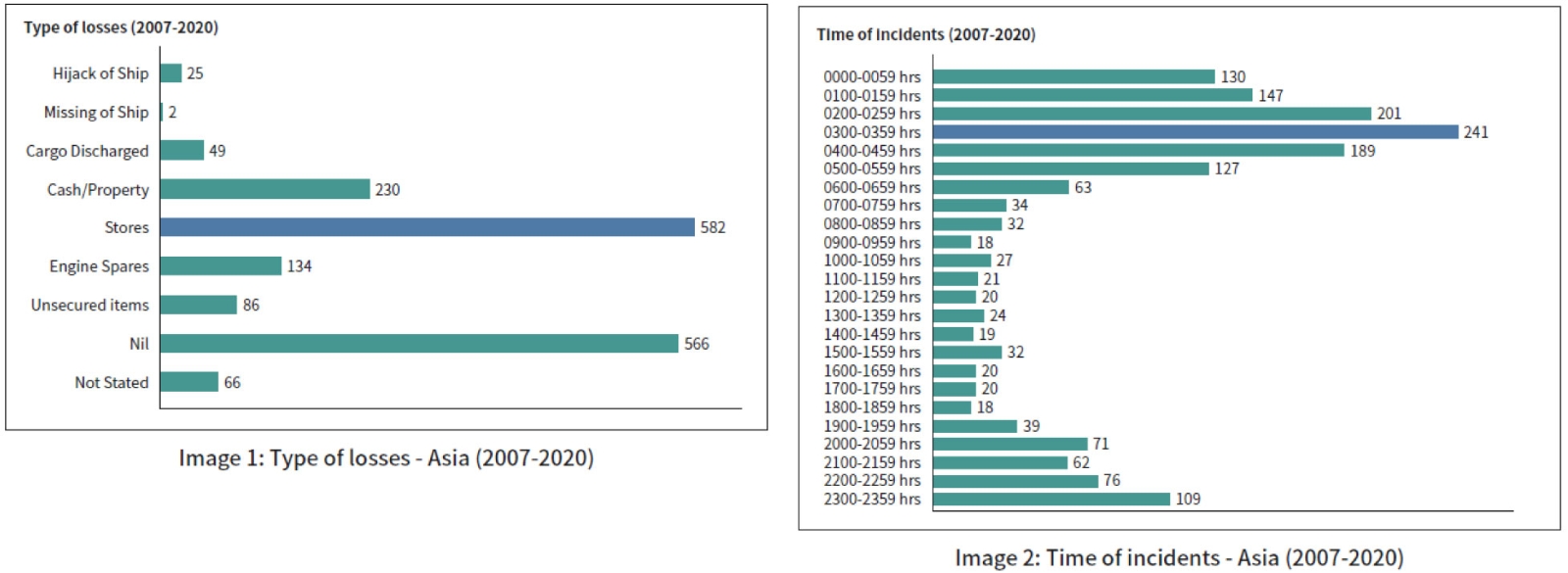
Building the Capacity and Capabilities of ReCAAP Focal Points
Recognising that the maritime law enforcement and regulatory agencies of Asia are at different stages of development, capacity building of FPs is another important pillar to effectively address the maritime crimes, particularly in information sharing.
The Centre began 2020 with the Focal Point Training Programme (FPTP) in January to initiate new FP staff on the role of FP and operation of incident reporting through the IFN.
After the spread of the COVID-19 pandemic, the Centre switched to the virtual platform to conduct its capacity building activities. The Centre organised a virtual Capacity Building Workshop in August, its first Capacity Building virtual lecture in November and a virtual FPTP for new FP staff in November.
That said, capacity building is not merely about the transmission of knowledge and skills, but also about building confidence and solidarity among FPs, which can be more effectively achieved in physical meetings. The Centre intends to resume in-person capacity building activities complemented by virtual lectures when conditions will allow safe arrangement.
After the spread of the COVID-19 pandemic, the Centre switched to the virtual platform to conduct its capacity building activities.
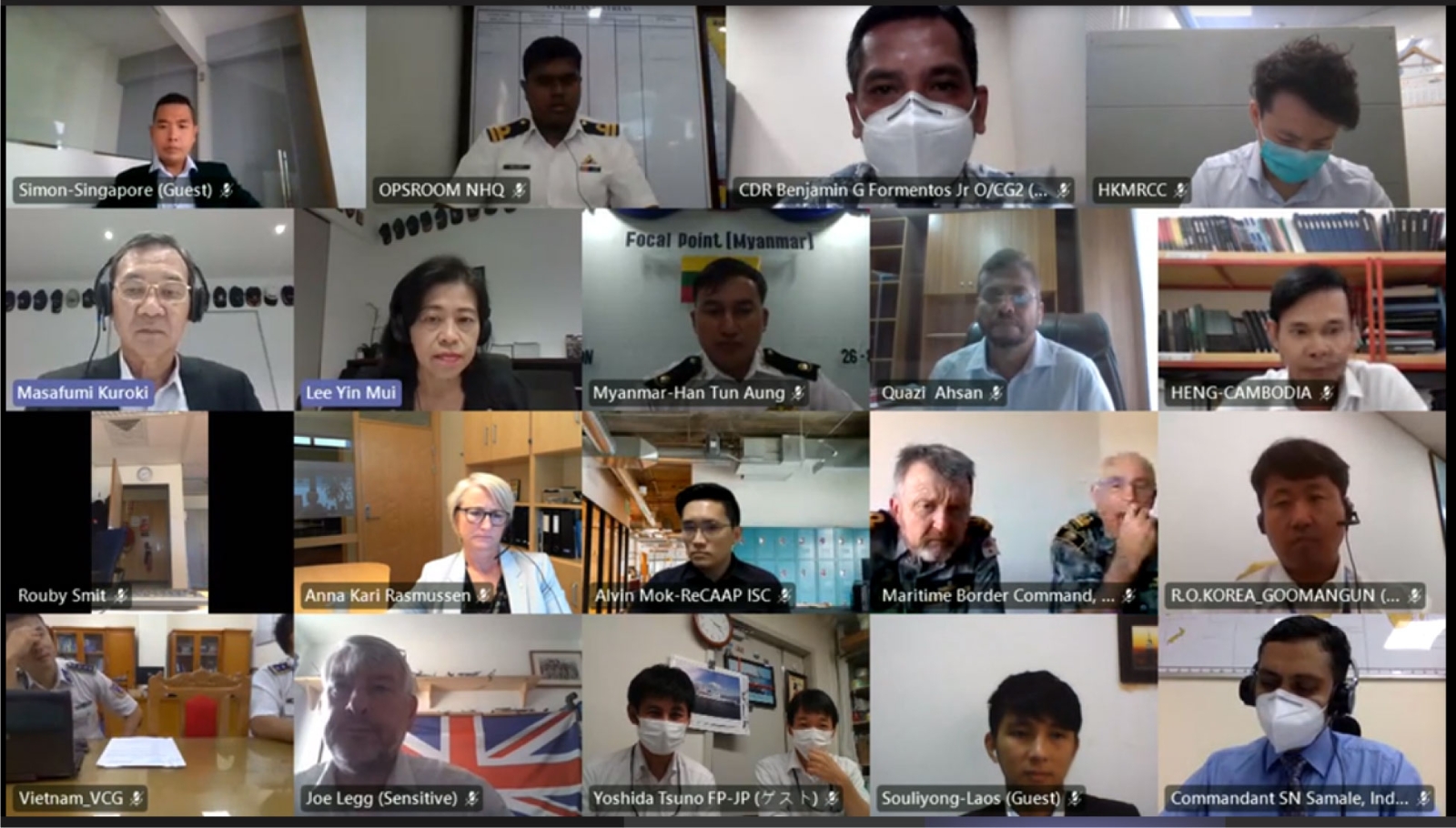
Establishing Closer Ties with the Maritime Community
The safety of maritime transport is a shared responsibility, and the Centre organised its annual Nautical Forum on 15 January 2020 to engage its diverse stakeholders including the shipping industry, diplomatic community, government agencies and academia on the occasion of the release of Annual Report 2019.
The Centre organised a virtual dialogue in July with the shipping industry (international and Asian shipping associations, shipping companies) to raise maritime situation awareness and exchange views on areas of concern such as the Singapore Strait and the Sulu-Celebes Seas.
The safety of maritime transport is a shared responsibility, and the Centre organised its annual Nautical Forum on 15 January 2020 to engage its diverse stakeholders including the shipping industry, diplomatic community, government agencies and academia on the occasion of the release of Annual Report 2019.
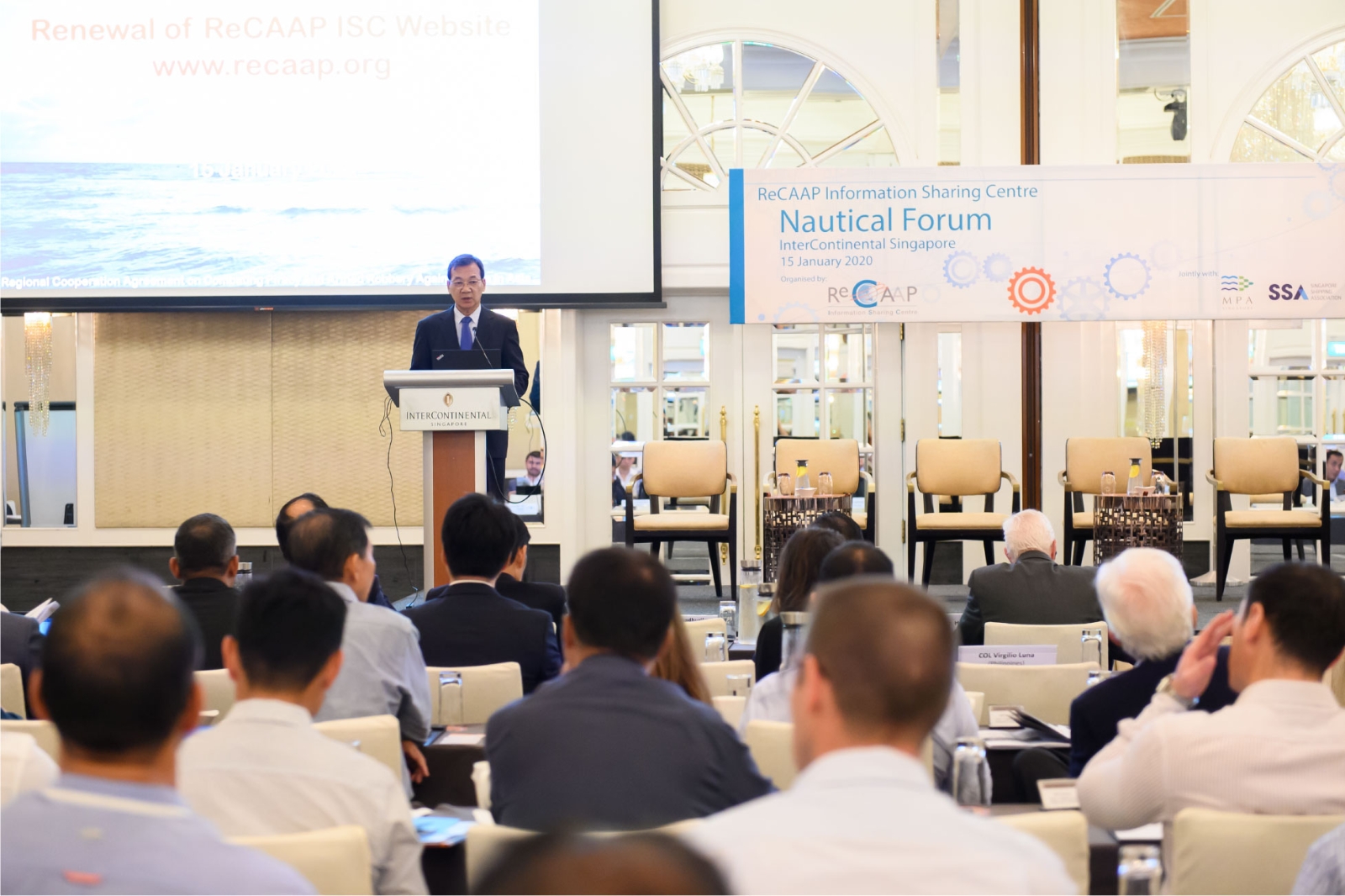
Profiling and Branding ReCAAP ISC
Since the Centre has made a Blueprint for Profiling and Branding, it has been making intensive efforts to enhance its communications by accelerating its move into the digital space while continuing its engagement with the mainstream and maritime media.
As one of these efforts, the Centre launched the renewed ReCAAP ISC website (www.recaap.org) in February 2020. The website is the centrepiece of the Centre’s digital presence and the most convenient means of information sharing especially when the usual physical means of dissemination has become disrupted due to COVID-19.
The renewed website highlights the most useful and frequently accessed information on the front page. The front page provides useful information such as a “live” tally of incidents of the current year, full lists of incidents of the current year and the previous year, and rolling scrollers to display the latest incident as well as Warning/ Alert. The investment on the renewal of the website has borne fruit. In 2020, the Centre’s website had an average of 2,626 unique visitors per month (compared to 1,900 monthly unique visitors in 2019). The user analytics suggest that the Centre’s stakeholders are using it as a means to access updated information on the situation in Asia.
The Centre also continued its engagement with mainstream and maritime media through the Executive Director’s half-yearly briefings, in January and July 2020. The Centre also continued to regularly update journalists on key announcements through its media advisories and news releases. In 2020, the Centre earned 2,012 traditional media hits (compared to 1,524 in 2019). Despite a year dominated by COVID-19 related news even in the maritime industry, the Centre garnered its highest number of media mentions on record.
The website is the centrepiece of the Centre’s digital presence and the most convenient means of information sharing especially when the usual physical means of dissemination has become disrupted due to COVID-19.
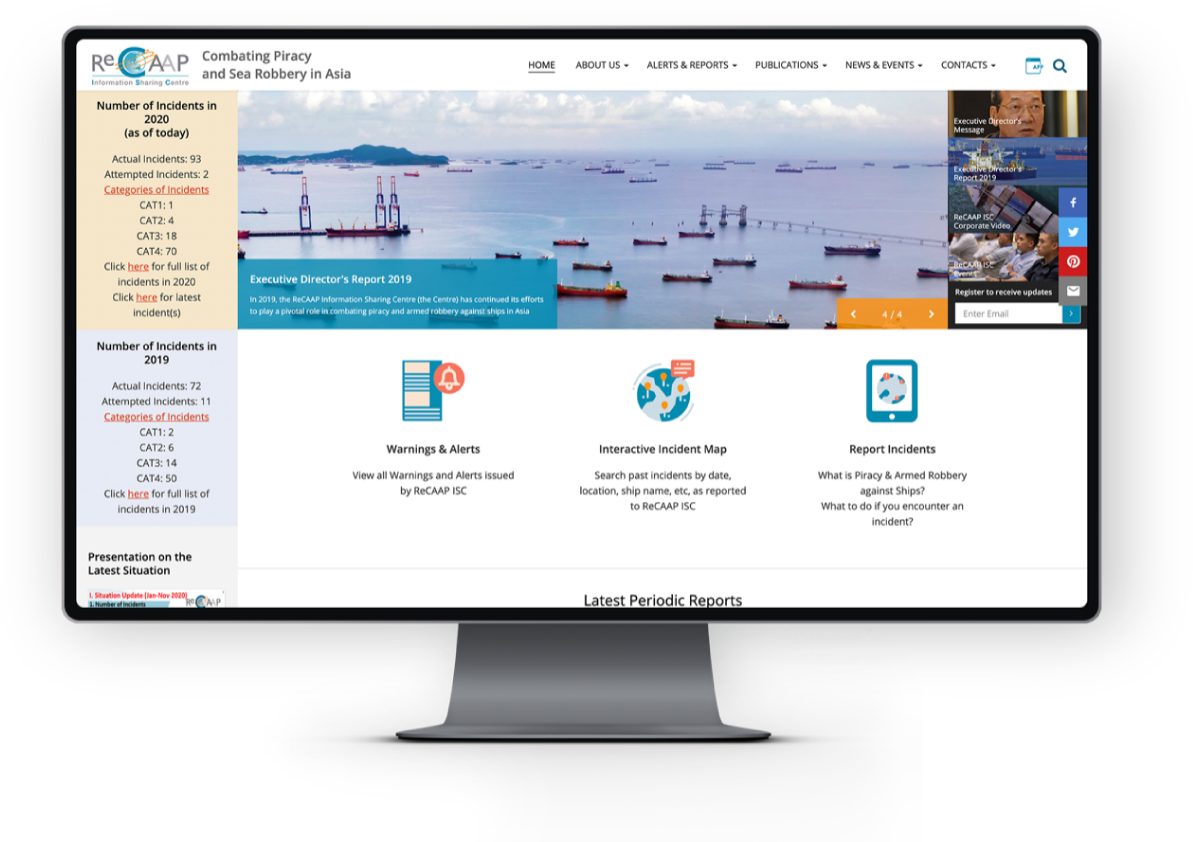
The Situation of Piracy and Sea Robbery in Asia
A total of 97 incidents (comprising 95 actual incidents and two attempted incidents) were reported in Asia in 2020, compared to 83 incidents (comprising 72 actual incidents and 11 attempted incidents) in 2019. This represents a 17% increase in the total number of incidents and a 32% increase in the number of actual incidents. It is the highest number of incidents reported in the last three years (2018-2020).
The Centre is concerned with this significant rise of actual incidents in 2020, though the severity level of incidents remained mostly at a low level. The increase was reported in several countries such as Bangladesh, India, the Philippines, Vietnam, the Singapore Strait and the South China Sea. The biggest number of incidents occurred in the Singapore Strait with 34 incidents in 2020 (31 incidents in 2019). There was a decrease in the incidents of abduction of crew for ransom in Sulu- Celebes Seas and waters off Sabah in 2020 with one incident in January. However, the risk of abduction of crew in the area remains high.
The Centre is concerned with this significant rise of actual incidents in 2020, though the severity level of incidents remained mostly at a low level.
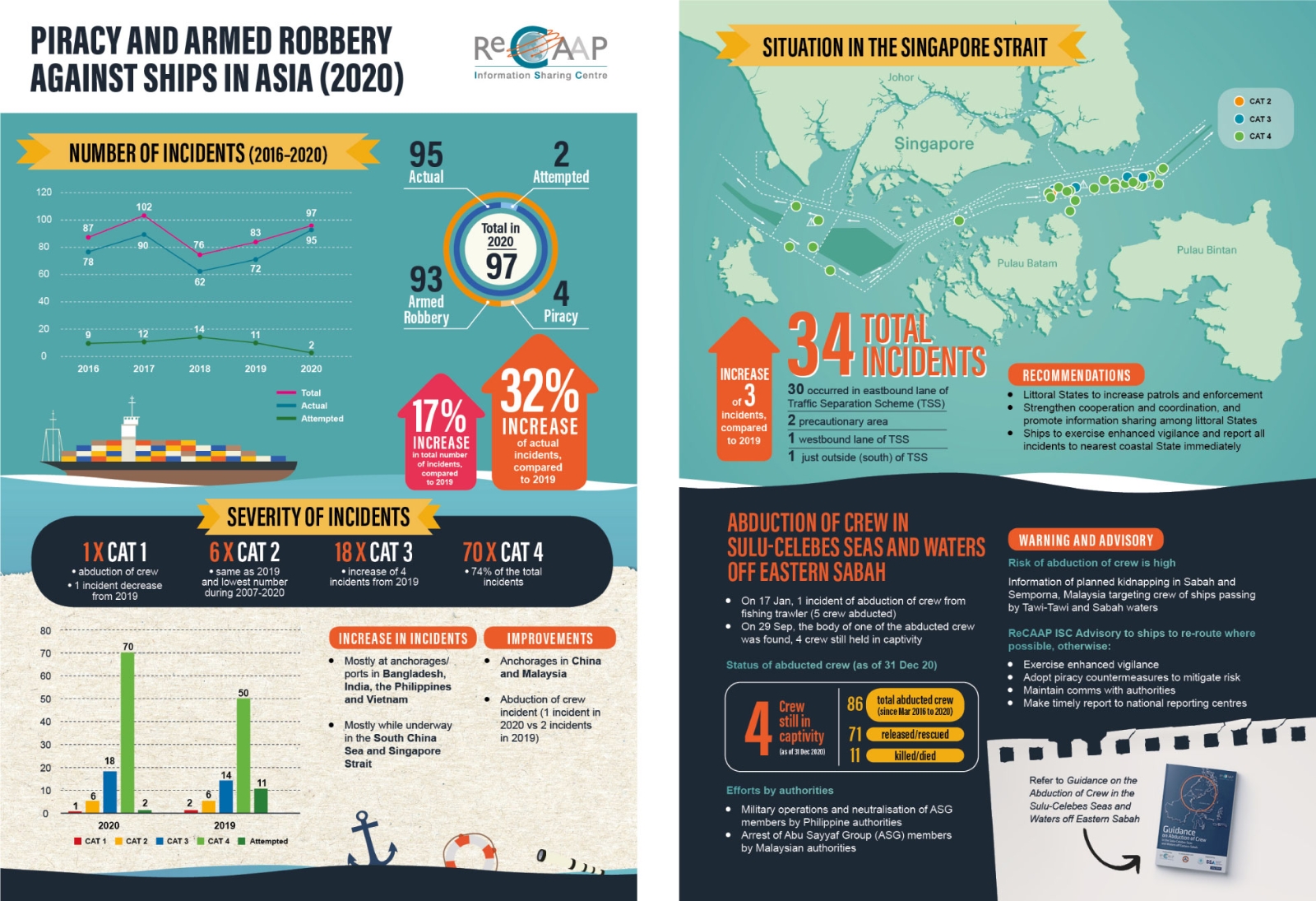
Continuity amid Change
The year 2021 will mark a special milestone for the Centre because ReCAAP turns 15 years. While relatively young as an International Organization, the Centre has, nonetheless, made achievements over the last 15 years, thanks to the continued efforts of the Contracting Parties and their Focal Points.
Yet, it is not the time to be complacent and lower our guards. The incidents of piracy and sea robbery are increasing in recent years while new maritime threats such as cyber-security are emerging. Combating piracy and armed robbery requires a long-term effort.
Continuing endeavours and sustaining capability are indispensable for addressing these maritime crimes especially amid a changing external environment. The Centre will continue to encourage the efforts of all the stakeholders of the maritime community, while fully assuming its role.
The year 2021 will mark a special milestone for the Centre because ReCAAP turns 15 years… Yet, it is not the time to be complacent and lower our guards. The incidents of piracy and sea robbery are increasing in recent years while new maritime threats such as cyber-security are emerging.
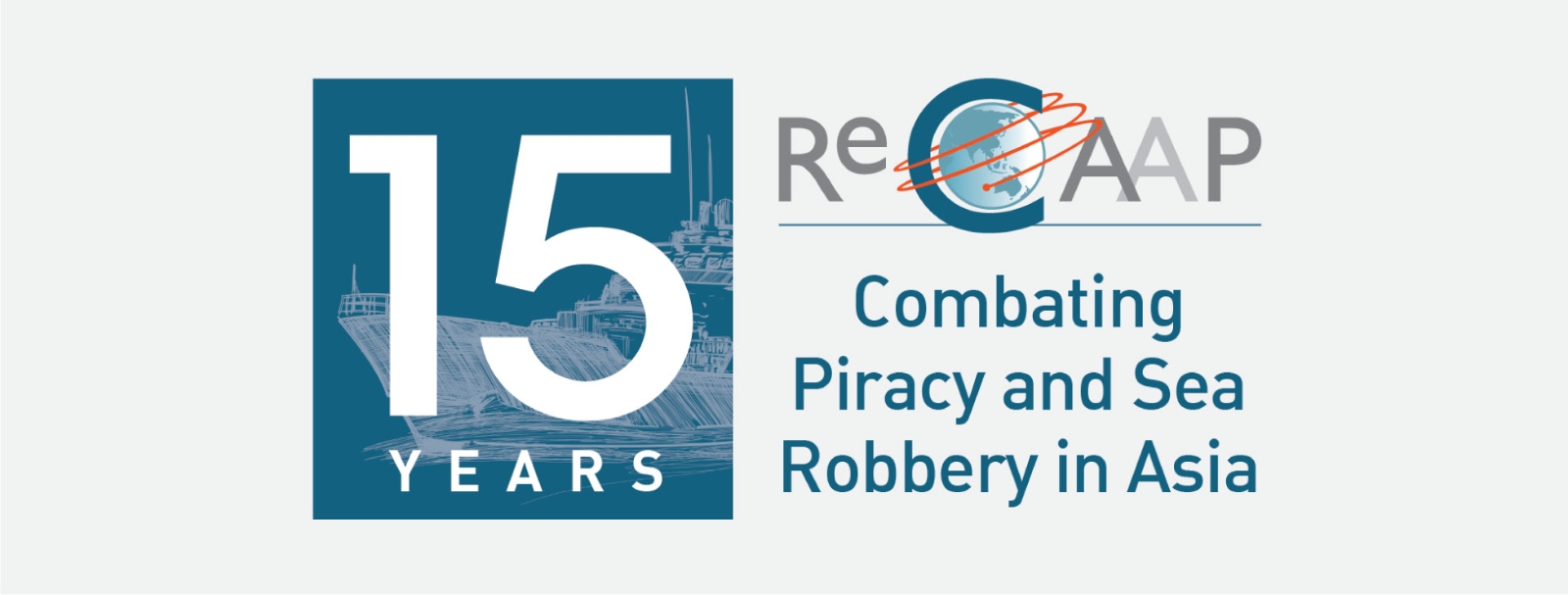
Masafumi Kuroki
Executive Director
ReCAAP Information Sharing Centre
Download
full Executive Director's Report 2020





